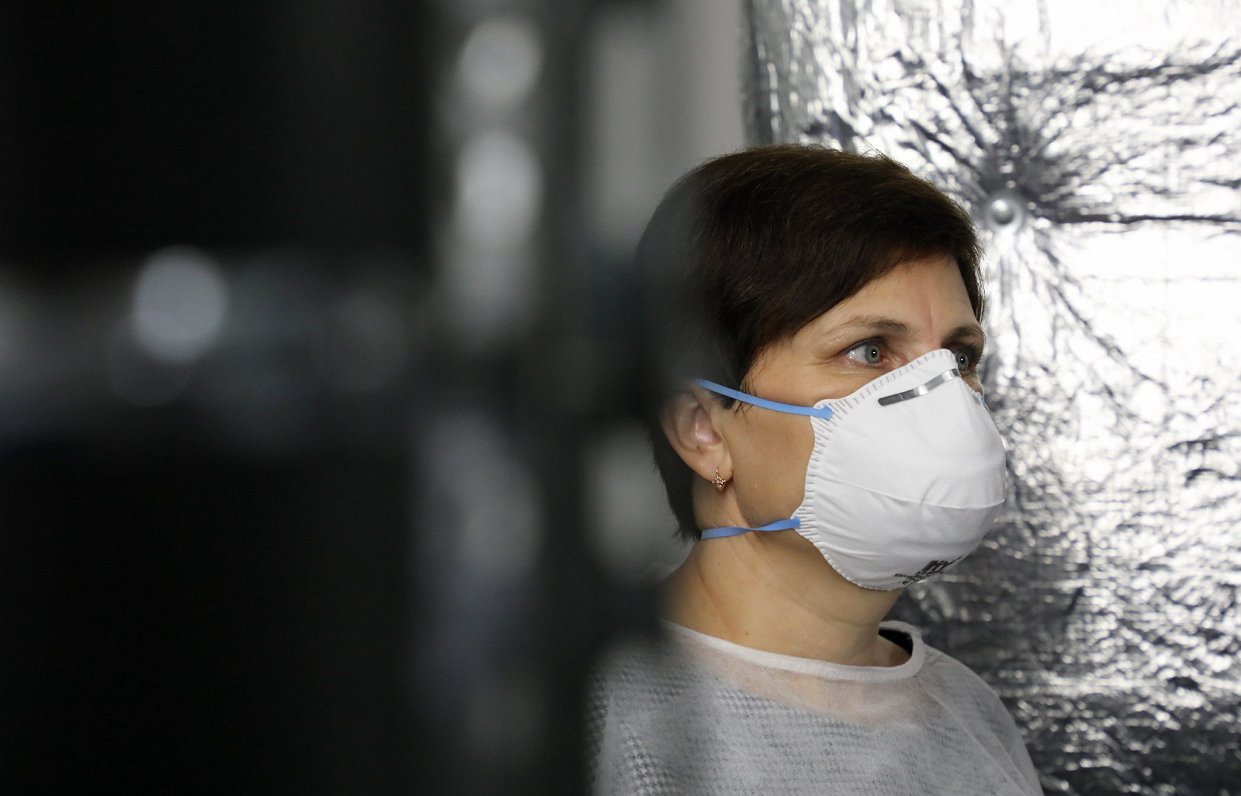This proposal has been initiated by epidemiologists, taking into account extensive studies, particularly from countries with adequate resources to carry out such studies.
Studies evaluating the virus's ability to infect have concluded that, ten days after the illness, the possibility of infecting others is significantly lower than in the first few days of the disease.
Rīga Stradiņš University also agrees with the claim that the infection really explodes in the first few days.
“According to statistics on time when infection develops, it is three to six days, not even ten, but might be two weeks. If we are thinking about reducing to ten days, it is a kind of compromise, it is a step towards economic reasons. To make [the economy] not as slow,” said Girts Briģis, head of RSU's Department of Public Health and Epidemiology.
Health Minister said Latvia was looking forward to the opinion of the European Center for Disease Prevention and Control (ECDC). “In fact, we are waiting whether a recommendation comes from this center that a ten-day self-isolation can be applied safely instead of the current 14 days,” the Minister said.
She said that if the European Center for Disease Prevention and Control does not come up with common guidelines, Latvia could still set a ten-day self-isolation, provided that a COVID-19 test is carried out on the eighth day and is negative.
“It would be a safe enough solution to be able to safely, without increasing the risk of infection, allow people to return to their daily routines,” the Health Minister said.
On Tuesday, September 8, the government did not respond to the call by Economics Minister Jānis Vitenbergs (“KPV LV”) not to apply self-isolation for arrivals from countries with a higher prevalence of COVID-19, increasingthe threshold rate from 16 to 25.
"On the basis of the recommendation proposed by the European Commission, we, as a ministry, call for the threshold to be raised to 25, in order for tourism sector to suffer less, cross-border trade, particularly in the vicinity of borders, would also remain," the Minister for Economics said.
The Minister for Health said that the current approach to restricting the spread of COVID-19 in Latvia was successful, as evidenced by the low incidence of COVID-19 and the “highly respectable” recovery of the economy.
"The number encouraged by the colleague is actually a very political decision. I understand the logic of not limiting tourism. But (..) we will expose to an infinitely higher risk the economic activities that are currently recovering and developing internally in the country. These are both cultural events and sporting events. And most importantly, in expert opinion, we will expose children who have resumed learning on-site, to disproportionately high risks for our children," the Minister for Health said.
She noted that if Europe does not agree on a common approach on this issue, VM will not support such proposals.




























